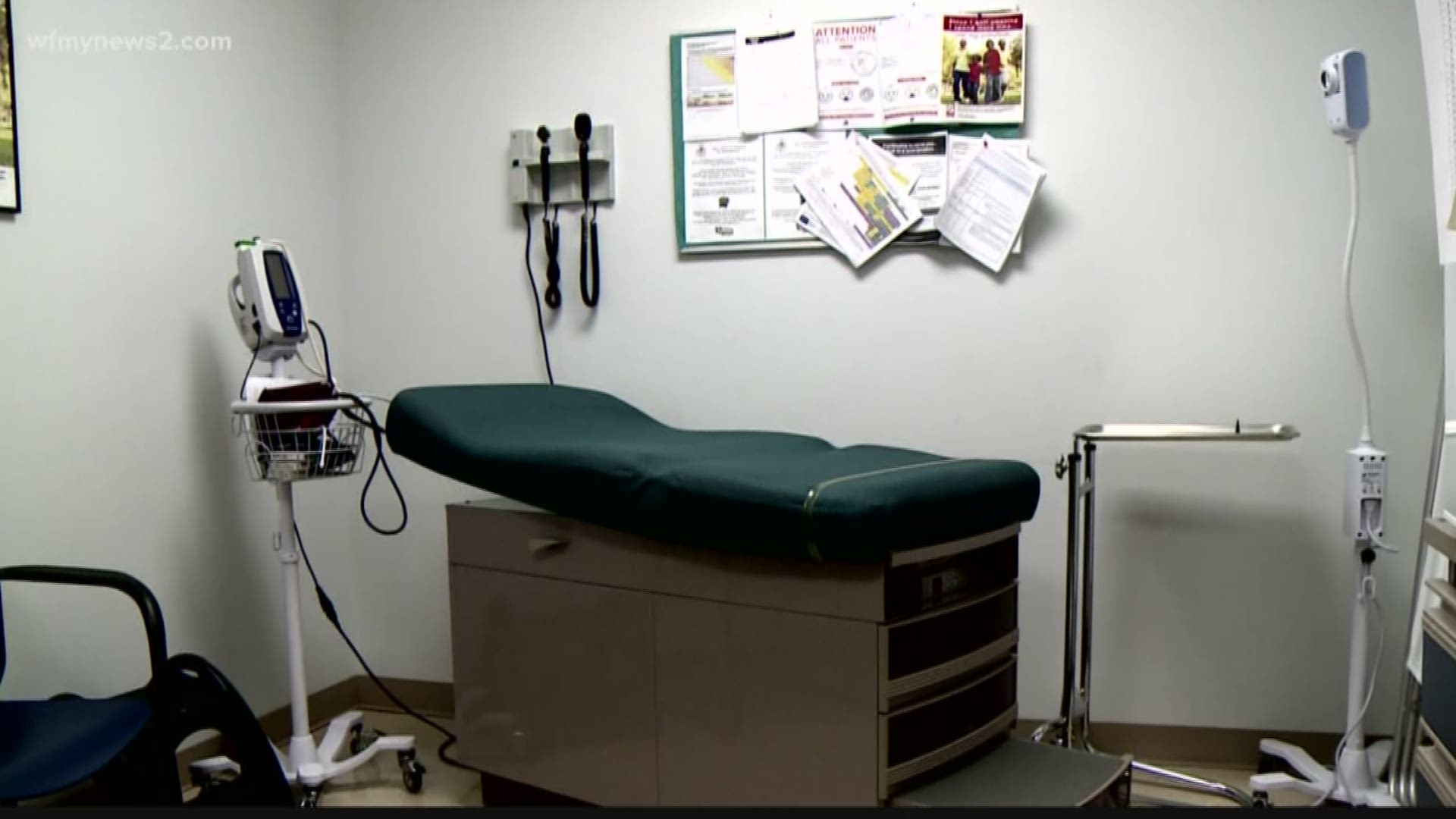GREENSBORO, N.C. — Ground-breaking research, training, and conversations on maternal mortality are happening in our community.
North Carolina A&T State University in Greensboro and UNC Chapel Hill are among a handful of universities receiving millions in research dollars to help improve pregnancy outcomes in Black women.
The health care professionals heading up the program at NC A&T and UNC talked about the complications Black and Brown moms face and why they're creating this new approach to solving this ongoing health crisis.
"Black women are two to three times more likely to die during and immediately after childbirth. Most of these deaths, unfortunately, were preventable," said Janiya Williams, MA, IBCLC, RLC, CLC. "Through the BELIEVE program, we are dismantling systemic racism up front with the healthcare providers as well as the pre-professionals and students studying health at universities and community colleges across the nation."
Williams is the Program Director for the Human Lactation Program at NC A&T. Kimberly D. Harper is the Parental Neonatal Outreach Coordinator at UNC.
They're part of a group of experts developing a training program that's focused on ensuring Black women are seen, heard, and feel valued during and after pregnancy. The four-year $2.3 million grant from the American Heart Association will also study ways to improve outcomes among women who are more likely to experience pregnancy complications because of poor heart health.
"We're talking to pregnant women and postpartum moms, so we can learn how health care organizations have been treating them. We're asking questions, what is the care you need? How can medical providers better assist you? In healthcare, there are times when medical professionals are deciding policies and procedures without the people we are trying to assist in the room. With this project, we're bringing them into the conversation to ensure that we're meeting their needs," Williams said.
"We need to have those same conversations among medical professionals and students so we can produce beneficial outcomes and help more Black and Brown moms survive," said Harper, MSN, RN, MHA. "We're working with two hospitals and having these conversations and including the families who are in the center of the conversation."
BELIEVE stands for Building Equitable Linkages with Interprofessional Education Valuing Everyone. The team's goal is in its title; working to build trust in the health care system and develop a standard of equitable care.
They'll do that through data collection, online surveys, and community lead conversations. From there, the team will develop a curriculum that will help train health care students and professionals across the nation using advanced technology.
"We will have the students and the providers go through our training using virtual reality with mock patients to ensure they can translate what they've learned from our training into real-life situations with patients," said Williams.
The curriculum development is in the beginning stages and right now focuses on collecting information on their experiences.
"We want to learn what they went through so we know what we need to include in the curriculum. We test it, refine it and then enter it into a place to make sure that it's what's needed to make real change," Harper said.
The BELIEVE program is part of a larger $20 million research project from the American Heart Association involving NC A&T, UNC, Northwestern, Ohio State, the University of Pennsylvania, and the University of Alabama.


